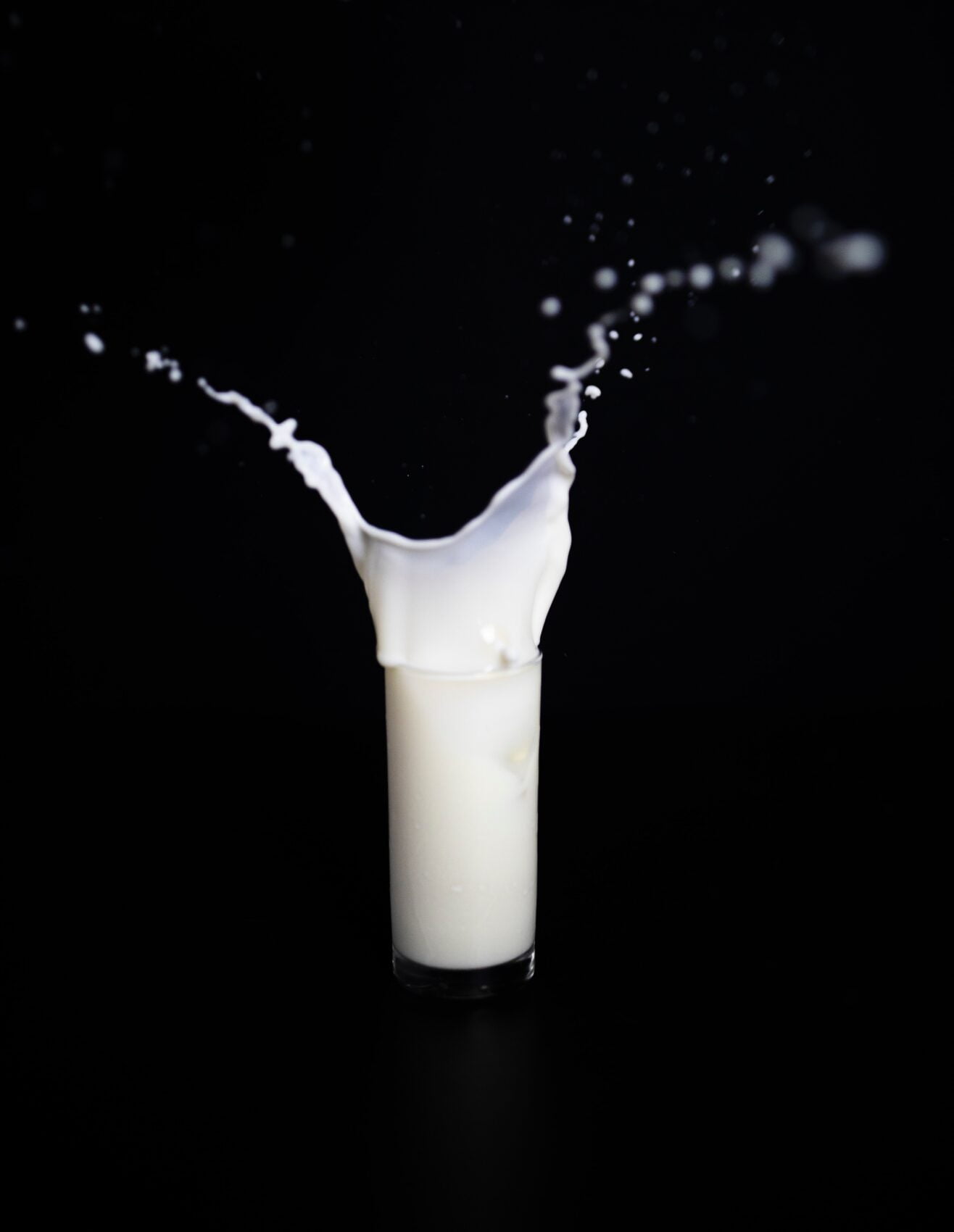Reducing waste, recycling resources and promoting conservation are three of the major pillars of any sustainable business model. Environmentally-conscious companies have found innovative ways of recycling waste and creating new products. Mi Terro, a startup based in Los Angeles, aims to draw attention to the amount of waste produced in the dairy industry by creating sustainable fabrics from unused milk. The company sources excess milk from a dairy farm in China before processing it and turning milk into fibers capable of being used in durable, lightweight clothing .
“Do you know that 128 million tons of dairy products are dumped every year globally? I am really upset by such a tremendous amount of dairy waste,” Mi Terro founder Robert Luo explains to me;
“our goal is to educate the public that we are consuming too many dairy products and we need to cut down on our food waste.” In his bid to tackle the waste from the dairy industry, the sustainable entrepreneur saw an opportunity to upcycle the unused milk that would be thrown out and turn it into a high-quality shirt.
Sustainability Through Innovation
The entire milk-to-clothing process takes about two months to complete with one glass of milk corresponding to five shirts . Mi Terro collects milk from its dairy farm partner, skims it to remove fats before dewatering it to become powdered milk. It is then dissolved and purified to remove and substances that are not casein – the proteins that make up a large proportion of milk. Once the casein is isolated, it is immersed in an alkali solution and passed through a spinneret to solidify the proteins into fibers. After this, it is removed from the alkali solution and the fibers are stretched, spun into yarn and ready to be used in the manufacturing of clothing.
“There are only two manufacturers in China that has the craftsmanship and capability to turn unwanted milk into clothing fabric,” Luo continues;
“Our next step is partnering with supermarkets, so we can collect the so-called expired, or past sell date, milk from them.”
Upcycling milk to turn it into shirts isn’t Mi Terro’s first foray into sustainable fashion, having previously created a travel bag made from ocean plastics and natural cork. “Mi Terro’s vision is to make Earth green again. In order to do so, we need to teach people to shop eco-friendly products and to live with minimal waste. We want to make green fashion affordable to almost everyone.”
As part of its goals for sustainability, Mi Terro partners with the Eden Reforestation Project to plant 10 trees for every product they sell, planting over 2,700 so far. The Eden Project is a non-profit that operates eighty different sites in five different countries. Intending to provide fair wage employment to impoverished villagers by enabling them to become foresters, they seek to reduce inequality, increase local biodiversity and protect the environment. Mi Terro has committed to planting a million trees with the Eden Reforestation Project in the next five years.
Investing in the Future
As an example of sustainable development and green innovation that reduces waste, raises awareness of environmental issues and promotes conservation, Mi Terro is part of a new generation of responsible startups that want to create a better world on top of providing a high-quality product. As Luo illustrates: “I want my children and grandchildren to live in a world where they don’t have to count days of blue sky, wear a face mask to school, or learn about beautiful animals that only exist in the textbook.”
Responsible companies and consumers ensure a more sustainable business market that spurs more innovation and helps startups like Mi Terro to pioneer new products and pathways to reach them. With people striving to become more sustainable and companies beginning to transition towards more environmentally-friendly business models, there has been a shift towards reducing waste and sourcing sustainable resources. Being aware of the issues and challenges created by consumerism goes a long way in shaping the decisions people make regarding their own habits.
Investing in the future of the planet through responsible products will not only reduce waste but help raise awareness about how people can live more sustainable lives.



